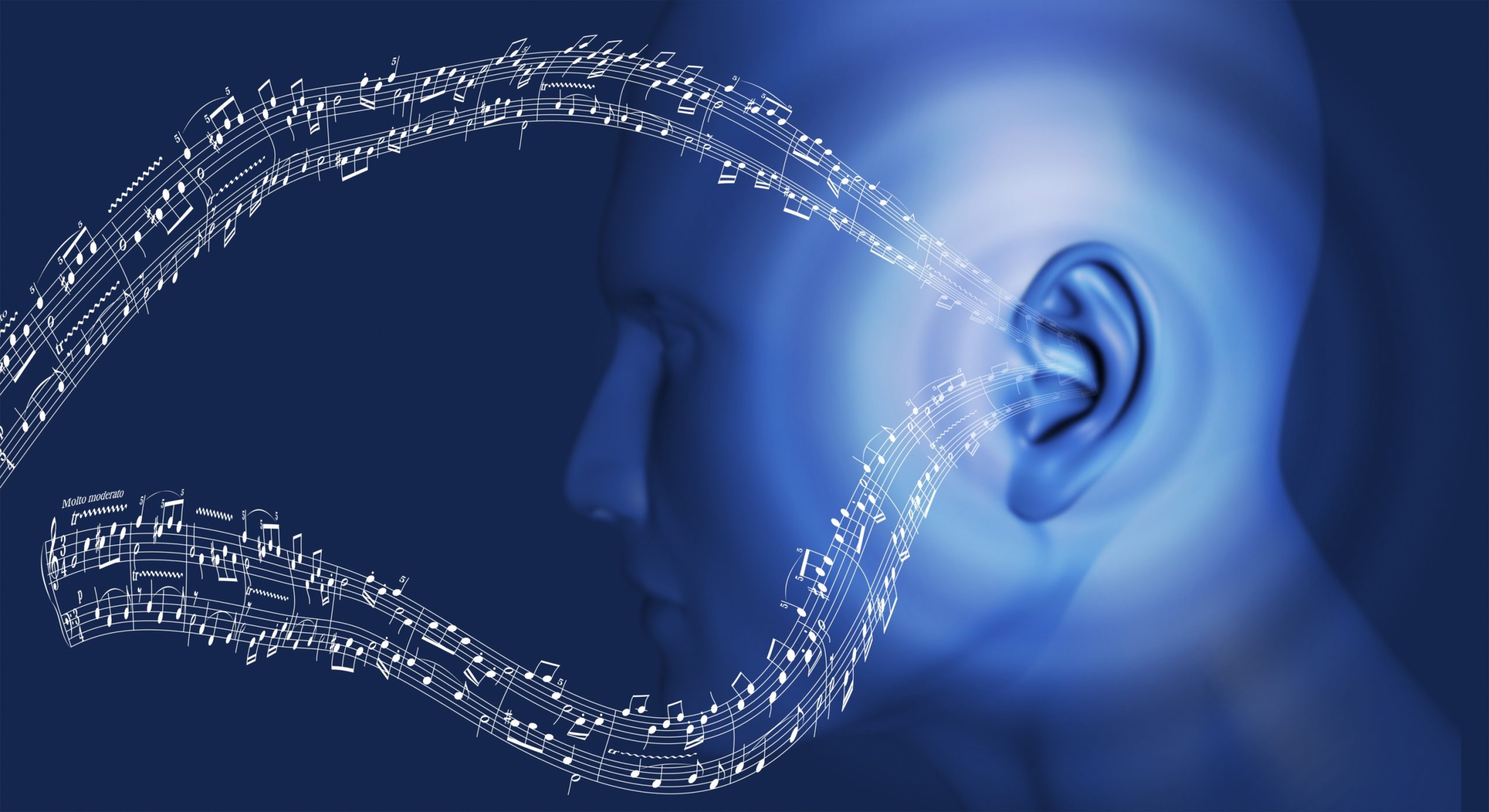
Ear Exercises
There is more than just learning how to play an instrument, sometimes you can see musicians tune their instruments very easily or improvise like it’s a walk in the park, well this has a lot to do with having a good ear, which can go as far as having perfect pitch which we will talk about later in the article.
Many people would say that a good ear is just something you have or you don’t, but there are actually many ways to train your ear to become more musically precise.
The great thing about these exercises is that you don’t need any kind of instrument to practice and it’s for everyone from beginners to advanced expert musicians.
Aural Skills

“Aural skills” are musical listening skills that develop your ability to hear specifically in regards to music and sound, and ear training is the process of developing these skills.
For example, if you can listen to a song on the radio and play or sing it back, you have been training your ears. If you can play back a rhythm, orcan tell the difference between different types of sound effects, you have been training your ears.
musical-u.com
Ear Exercises
One of the best and simpler exercises is to practice intervals, this consists in identifying intervals between two notes, while doing this you’ll eventually be able to identify notes easier without having to sing the whole scale in your head.
Chords is another good way to practice, while it can be just about identifying the type of chord, it’s best if you also sing it. The same goes for scales, which is pretty much the cornerstone of music.
Perfect Pitch

Perfect pitch is exactly what it sounds like, it’s about singing a note at perfect pitch without any sort of guide.
According to classicfm.com:
Some people believe you can only have ‘true’ perfect pitch by being born with it. According to Brady (1970), Ward and Burns (1999) and Levitin and Rogers (2005), “training that begins after the age of nine very rarely leads to [perfect pitch], and there are no known cases of an adult successfully acquiring it.”
But there is also evidence that you can develop perfect pitch without having a mystical, innate ability. A study carried out a few years ago at the University of Chicago tested a group of students with varied amounts of musical experience, before and after a period of pitch recognition training.
You can train your perfect pitch if you click down below and do the tests.
https://tonedear.com/ear-training/absolute-perfect-pitch-test
Your Ears Above All Else
Improvising
Training your ear can help improvising as it helps you identify which notes are being played before jumping into the jam. This is something that can be heard mostly in jazz, where every band member can identify what the other bandmate is playing and follow him inmediately without wasting any time looking for the right notes.
Singing
This is very obvious, but training your ear and even training perfect pitch will eventually improve your singing, as it will be your “instrument” in this sort of training.
There is a very satisfying thing about being able to tune your instruments by ear, recognize melodies, scales and intervals nad being able to improvise by picking up the melody where your bandmate started. It gives any musician more than enough confidence to embark on new orginal compositions and perform in front of an audience with no fear of sounding bad.
The first mistake a young beginner makes is wanting to pick up an instrument and play music, when actually the first step is to learn how to listen.
